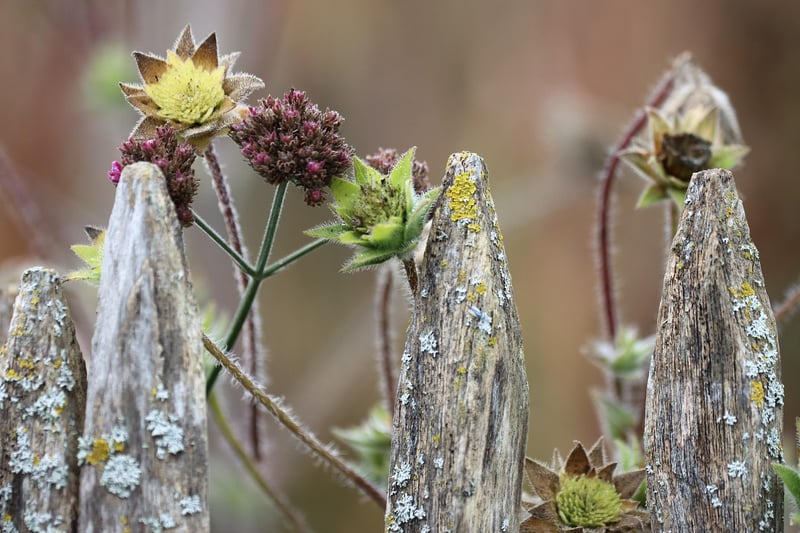Preventive Measures
Protecting Your Plants: Preventive Measures
Plants are not just decorations; they are living organisms that require care and attention to thrive. Whether you are a seasoned gardener or just starting, it is essential to protect your plants from various threats that can hinder their growth. By taking preventive measures, you can ensure your plants stay healthy and vibrant. Here are some tips to help you safeguard your green companions:
1. Choose the Right Location
Before planting anything, consider the sunlight, soil quality, and drainage in the area. Different plants have different requirements, so make sure you place them where they can flourish.
2. Provide Adequate Water
Water is essential for plant growth, but overwatering can be harmful. Make sure your plants receive enough water without drowning their roots. Consider using a watering schedule to maintain the right balance.
3. Use Mulch
Mulch helps retain moisture, regulate soil temperature, and prevent weed growth. It also adds nutrients to the soil as it decomposes. Consider using organic mulch for added benefits.
4. Keep an Eye Out for Pests
Inspect your plants regularly for any signs of pests or diseases. Early detection can help prevent infestations from spreading. Consider using natural pest control methods to protect your plants without harmful chemicals.
5. Provide Nutrients
Plants need essential nutrients to grow and thrive. Consider using organic fertilizers to provide your plants with the necessary nourishment without harsh chemicals that can harm the environment.
6. Prune Regularly
Pruning helps maintain the shape of your plants, promotes healthy growth, and removes diseased or damaged parts. Proper pruning can also improve air circulation around the plant, reducing the risk of fungal infections.
7. Support Your Plants
Some plants, like tomatoes or climbing vines, may need support to grow vertically. Use stakes, trellises, or cages to help your plants grow upwards and prevent them from bending or breaking under their weight.
8. Monitor Weather Conditions
Extreme weather conditions can stress plants and make them susceptible to damage. Take precautions during heatwaves, frost, or storms to protect your plants from harm.
By following these preventive measures, you can create a healthy and thriving environment for your plants. Remember that each plant is unique, so pay attention to their specific needs and adjust your care routine accordingly. With proper protection and care, your plants will reward you with lush foliage, vibrant blooms, and a peaceful green oasis to enjoy.

For more tips on plant care and gardening, check out Royal Horticultural Society.
